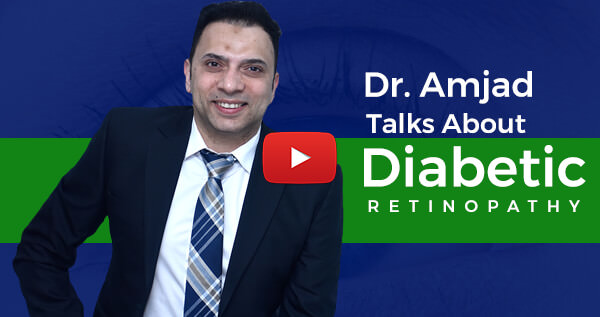Age Related Macular Degeneration
Age-Related Macular Degeneration (AMD) is one of the cause of loss of vision in the elderly population of India. It is an eye condition that affects the central part of the eye known as the macula, a yellowish oval-shaped area near the middle of the retina where the vision is keenest.
Symptoms of Age-Related Macular Degeneration?
You might not notice any signs or symptoms of AMD in its early stages, especially if it only impacts one eye. AMD is also painless so it is easy not to realise that anything is wrong with your vision. This is why it is very important to have regular eye examinations throughout your life, but particularly once over the age of 40.





